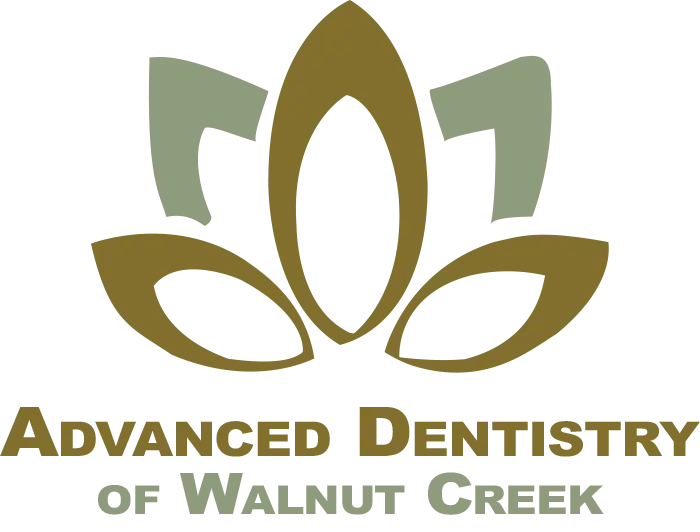Dental bridges are prosthetic devices used to replace missing teeth. They consist of one or more artificial teeth (pontics) anchored in place by crowns or implants on either side of the gap. The adjacent teeth or implants, called abutments, support the bridge, ensuring stability and functionality. Dental bridges can benefit individuals with one or more missing teeth looking to restore their smile and oral function. Candidates for dental bridges typically have healthy adjacent teeth or sufficient bone structure to support the bridge. People who may benefit include those unwilling or unable to undergo surgical procedures for dental implants, as bridges offer a non-invasive option for tooth replacement.
Additionally, individuals with missing teeth that affect their ability to chew food properly or speak clearly can find significant improvement with dental bridges. Bridges in Walnut Creek, CA, not only restore the aesthetic appearance of a complete smile but also help maintain facial structure by preventing remaining teeth from shifting out of position. Regular dental hygiene and check-ups are essential to ensure the longevity and effectiveness of dental bridges in maintaining oral health and function.
Types of Dental Bridges
Traditional Dental Bridges
These are the most common types, consisting of one or more pontics (artificial teeth) held in place by dental crowns on the adjacent natural teeth.
Cantilever Bridges
Cantilever bridges are used when adjacent teeth are on only one side of the missing tooth or teeth. The pontic is supported by a single dental crown on one abutment tooth. Contact us today to learn more.
Maryland Bonded Bridges
These bridges use a metal or porcelain framework bonded to the backs of adjacent teeth with resin. They are often used for front teeth or when the abutment teeth are healthy and strong.
Implant-Supported Bridges
These bridges are supported by dental implants rather than dental crowns on natural teeth. They are suitable when multiple adjacent teeth are missing or when the adjacent teeth are not healthy enough to support a traditional bridge.
Who Can Benefit from Dental Bridges?
Dental bridges offer a beneficial solution for individuals who have experienced tooth loss and seek to restore their smile's function and aesthetics. Ideal candidates for dental bridges typically include those with one or more missing teeth, healthy adjacent teeth, or suitable bone structures to support the bridge. These individuals may prefer bridges over other options like dental implants due to personal preferences or medical considerations.
One significant group that benefits from dental bridges is patients not candidates for dental implants due to insufficient bone density or medical conditions that preclude surgical procedures. Bridges provide a non-invasive alternative, offering a stable and durable solution for replacing missing teeth without extensive surgery.
Moreover, dental bridges are advantageous for individuals experiencing difficulty chewing or speaking due to missing teeth. By restoring the proper alignment of teeth and distributing the forces during chewing, bridges enhance oral function and can alleviate discomfort caused by gaps in the dental arch.
Additionally, dental bridges help maintain the face's natural shape by preventing adjacent teeth from shifting out of position, which can occur when gaps are left unfilled. This preservation of facial structure contributes to a more youthful appearance and overall oral health.
Ultimately, dental bridges provide a reliable and aesthetically pleasing solution for patients seeking to regain confidence in their smile and improve their quality of life following tooth loss. Regular dental care and good oral hygiene habits are essential to ensuring the longevity and effectiveness of dental bridges in maintaining oral health.
The Procedure for Getting Dental Bridges
- The process begins with a consultation with our dentist in Walnut Creek, CA, who assesses your oral health and determines whether dental bridges are appropriate for you.
- If you're a suitable candidate, the next step involves preparing the abutment teeth. This may include removing a small portion of enamel to accommodate the dental crowns that anchor the bridge.
- Impressions of your teeth are then taken to create a mold or digital scan, which will fabricate a custom-made bridge that matches the shape and color of your natural teeth.
- While the permanent bridge is being fabricated in a dental laboratory, a temporary bridge may be placed to protect the exposed teeth and gums.
- Once the permanent bridge is ready, it is checked for fit, and adjustments are made to ensure proper bite and comfort.
- Finally, the dental bridge is cemented or bonded over the prepared abutment teeth or implants. The dentist ensures that the bridge is securely positioned and functions correctly.
- After the procedure, our dentist provides instructions on caring for your new dental bridge, including proper oral hygiene practices and regular dental check-ups to maintain its longevity and oral health.
Dental bridges offer a reliable and aesthetically pleasing solution for replacing missing teeth and improving oral function and confidence in your smile. If you're considering dental bridges to restore your smile and oral function, visit Advanced Dentistry of Walnut Creek at 2161 Ygnacio Valley Rd # 110, Walnut Creek, CA 94598, or call (925) 937-2273 to learn more about how dental bridges can benefit you and improve your quality of life.

